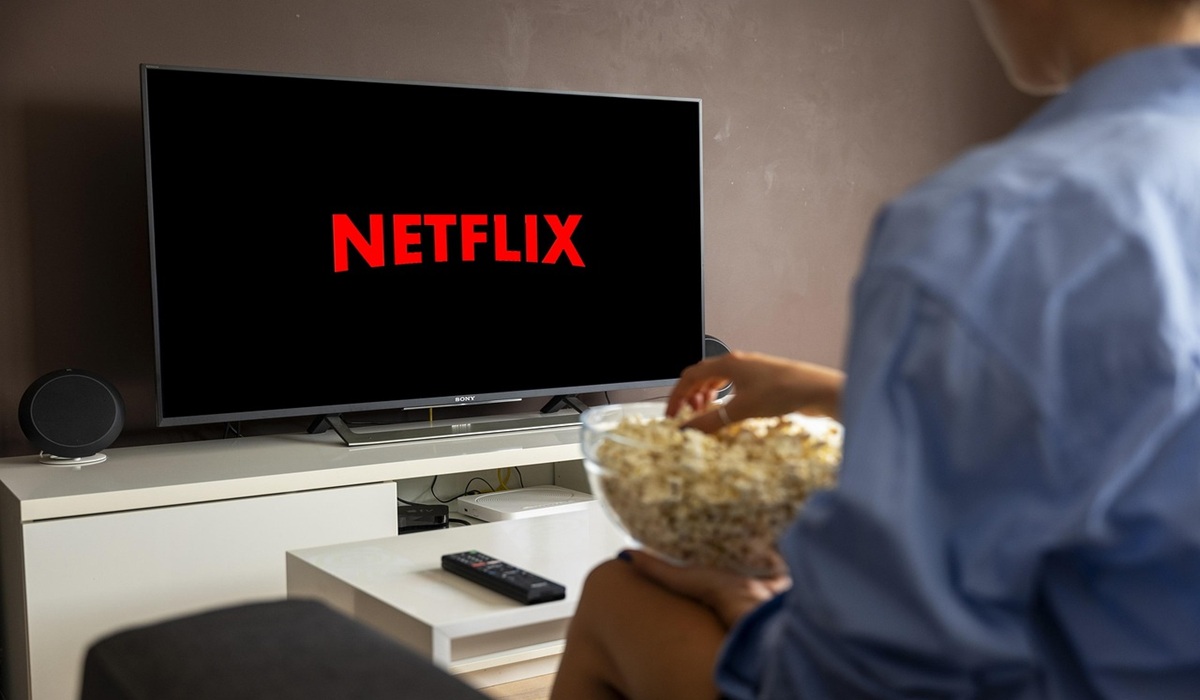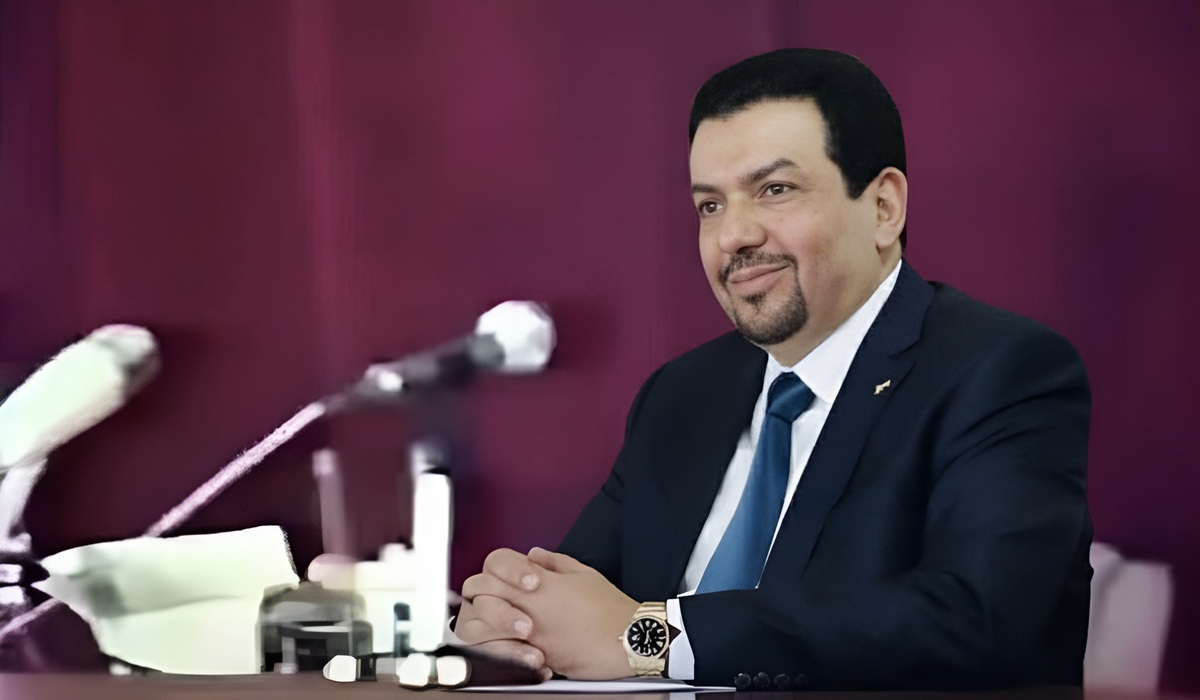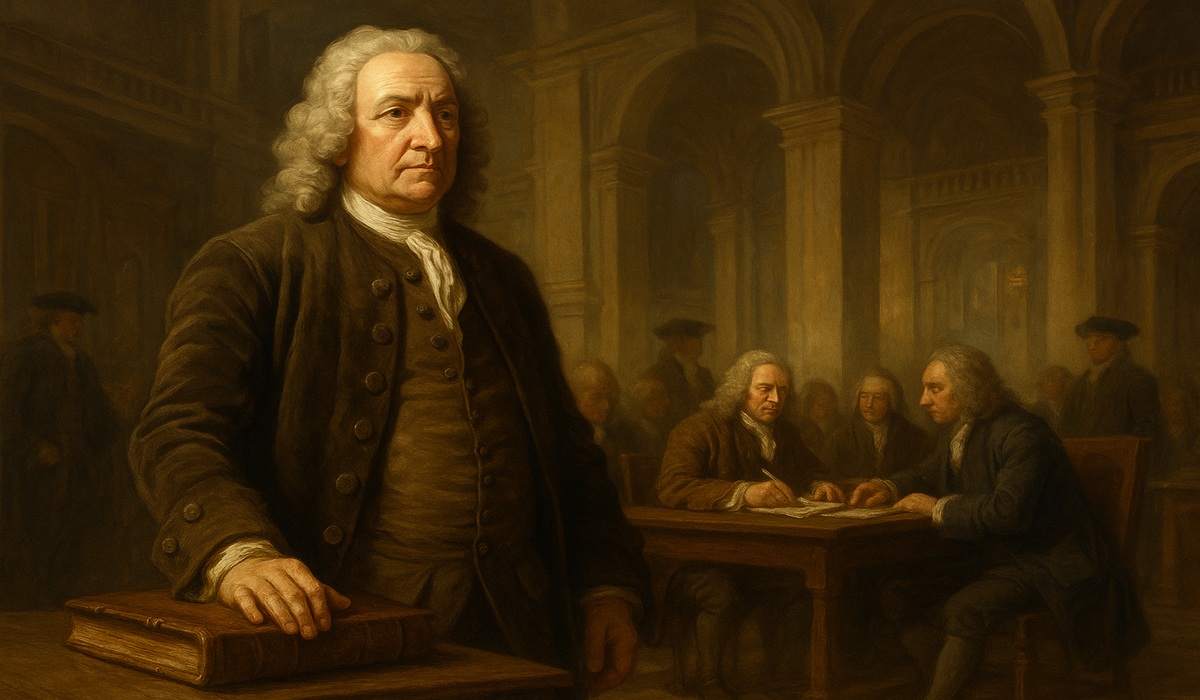Elon Musk’s Netflix Boycott Call: Free Speech, Influence, and the New Front of the Culture Wars
- TDS News
- Trending News
- October 3, 2025

By: Donovan Martin Sr, Editor in Chief
Image Credit: Tumisu
When Elon Musk speaks, the world listens—sometimes with admiration, sometimes with ridicule, often with unease. His latest rallying cry has nothing to do with rockets or electric cars, but with streaming television. In early October, Musk urged his millions of followers to cancel their Netflix subscriptions after resurfacing an old animated show, Dead End: Paranormal Park, which features a transgender lead character. Although the series ended production in 2023, Musk declared, “This is not OK,” and called for a consumer boycott of Netflix. Within hours, hashtags like “Cancel Netflix” surged across his platform X, stock prices dipped, and media outlets across the world amplified the controversy.
The situation prompts thorny questions about the role of influence in an era where one man’s tweet can send tremors through billion-dollar companies. Musk has never shied away from provocative statements, but this episode raises an uncomfortable issue: when someone commands not just a massive audience but the very infrastructure of digital discourse, does a boycott call cross the line from opinion into coercion? Critics argue that while ordinary people have always been free to cancel services they dislike, Musk’s immense reach means his words carry a uniquely disproportionate weight. His personal opinions can ripple into markets, corporate strategies, and cultural debates.
There is also the matter of consistency. Musk frames his campaign as a defense of children against harmful ideologies, yet the program he singled out ended two years ago. The urgency seems less about the specific show and more about drawing a line in the sand against what he sees as “woke” overreach. Skeptics see this as selective outrage, a symbolic culture-war skirmish rather than a genuine response to fresh content. Still, the impact was real. Netflix’s stock shed billions in value in the days following the campaign, and numerous users posted screenshots of canceled subscriptions. Whether this becomes a sustained exodus or just a flash in the news cycle remains to be seen, but Musk demonstrated once again that his voice can turn ideological disagreements into market events.
But is he right? Musk insists that platforms should not promote what he views as radical ideology to children. Supporters agree, arguing that representation of transgender characters in kids’ media normalizes ideas they believe should be left to parents to explain. On the other hand, defenders of the show note that representation provides visibility to marginalized groups, helping young audiences see themselves reflected in culture rather than erased. The voice actor who played the lead character described the series as deeply meaningful for fans who felt seen for the first time. In this light, Musk’s condemnation seems less a neutral defense of children and more an attempt to police cultural expression.
This cultural crusade becomes even more complex when viewed alongside Musk’s personal life. In 2022, one of his children legally transitioned and changed her name to Vivian Jenna Wilson, publicly declaring she no longer wished to be associated with her father. It was a striking moment, not only because of the estrangement, but because it coincided with Musk’s increasingly outspoken criticism of transgender issues in society at large. The juxtaposition of a tech titan waging a very public battle against “gender ideology” while privately losing connection to his own transgender daughter cannot be ignored. It raises a deeply human question: is Musk’s rhetoric sharpened by personal hurt, distance, or even regret? Or is his hardline public stance precisely what fractured that relationship in the first place?
X itself is a complicated case study. Before Musk’s takeover, Twitter was already criticized for toxicity, political bias, and selective enforcement of its rules. After Musk, the pendulum swung in a different direction, and while he championed the banner of “free speech,” the platform became even more divisive. Community Notes, his fact-checking tool, is seen as an innovative attempt at crowd moderation, but critics argue it has done little to stop X from being a hotbed of some of the most vile, inhumane, and degrading content on the internet. Racism, conspiracy theories, harassment, and political extremism thrive alongside jokes, memes, and genuine dialogue. Musk views this as the messy reality of free expression. To his detractors, it feels like a virus disguised as liberty. And the contradiction runs deep: while Musk insists he will not censor unpopular opinions, critics note that when free speech clashes with his own ideological interests, suppression comes quickly. In that sense, “free speech” under Musk is less a principle than a selective instrument.
The bigger backdrop is the contested role of ideology in media. Musk’s boycott is not just about one show or one company. It is about whether a particular vision of cultural politics has gone too far. For him and his supporters, mainstream entertainment has been captured by left-leaning agendas that erase traditional values. For critics of Musk, this is simply the latest example of conservative backlash framing inclusion as indoctrination. The fault line is less about a cartoon than about who gets to shape cultural norms and where the boundary lies between representation and propaganda.
What is undeniable is the power of a single individual to frame the debate. Musk’s words alone were enough to move billions in market value, generate global headlines, and ignite an ideological firestorm. He insists he is exercising his right to free expression, but with great reach comes great responsibility. When an ordinary person cancels Netflix, it is a consumer choice. When Elon Musk says it, it becomes a movement. That difference matters.
This controversy leaves us with lingering questions. When does influence become coercion? Is Musk’s campaign a legitimate exercise of consumer activism or a troubling use of his outsized power? Does his stance signal a genuine cultural reckoning, or is it just another symbolic skirmish in an endless cycle of outrage? And perhaps most uncomfortably for Musk himself: is he now playing the same game of cancellation that was once directed against him?
The answers are not simple. What is clear is that in 2025, culture and commerce are inseparable from ideology, and few figures have the ability to stir that pot quite like Elon Musk. And perhaps, behind the noise, lies a man whose fiercest public battles cannot be separated from the personal ones he has already lost.








